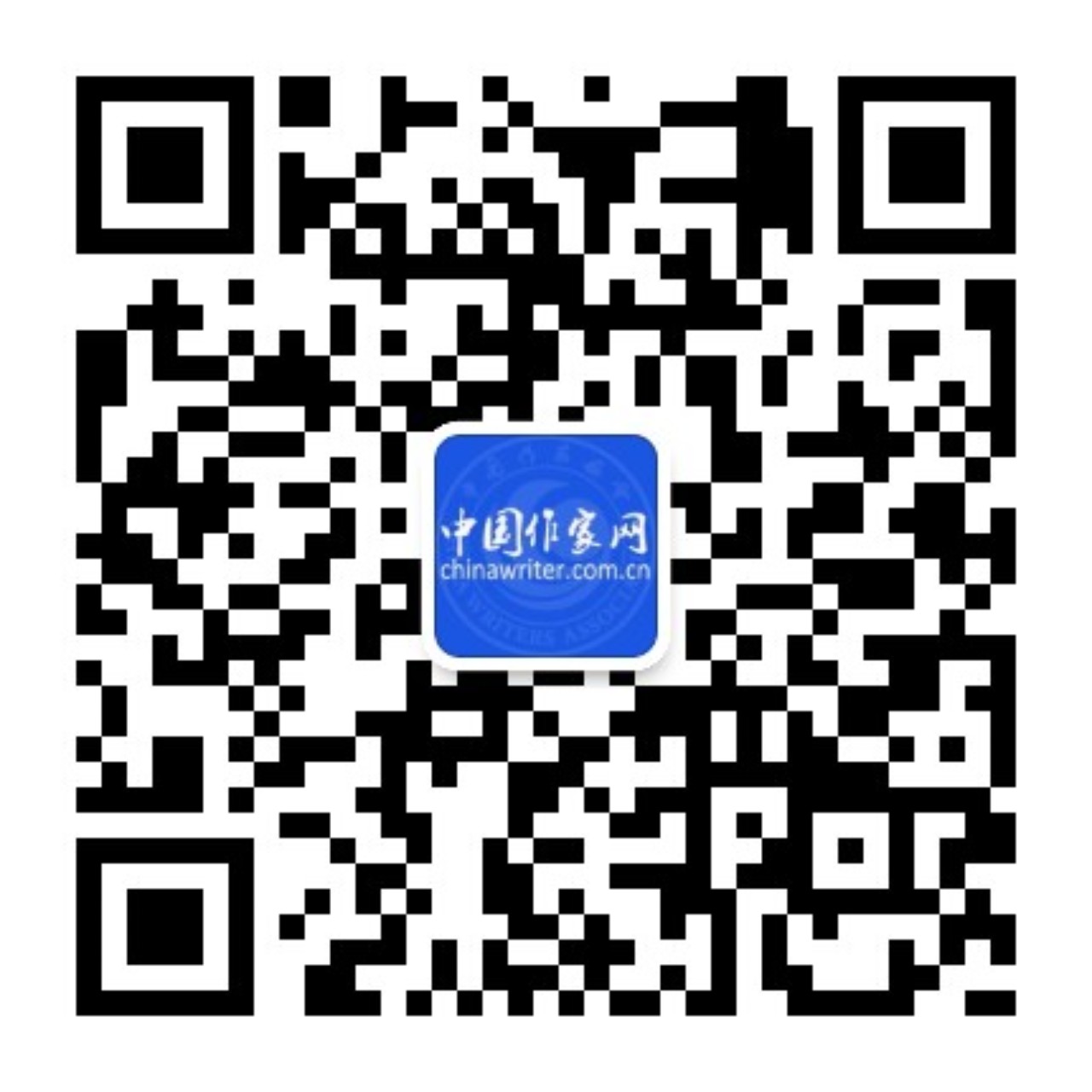金婉婷:疫情·思考·创作
或许你们中有些人会对此感同身受。我妈妈对她的两个孩子早有人生规划。
这规划说起来极其简单,冒着强化对亚洲父母培养方式的刻板印象的危险,也可以说极其“亚洲式”。因为她有一对双胞胎女儿,那么一个要成为医生,另一个则成为律师。但是我妈妈要求更高。不仅如此,律师必须牛津大学毕业,医生一定要神经外科。
我姐姐设法做到一点小叛逆,她没去牛津,去了剑桥。但总体而言,作为一名成功的国际贸易律师,她算是尽职尽责地践行了母亲给她制定的人生规划。
但我如果真当了神经外科医生,非闹出人命不可。我毛手毛脚,难以专注,大脑时不时地从手头工作溜号到哲学问题上。有意思的是,这种让我成为手术室杀手的性格,恰恰成就了我的作家生涯。
母亲为我们订下的刻板人生规划让我对自由有一种病态的痴迷。自由的追求, 自由的行动,自由的创意表达。讽刺的是, 她越是抑制我的艺术倾向, 反而越驱使我成为一名艺术家。
这种对自由的痴迷去年达到顶峰,当时我决定放弃我的公寓,就只背了个包去追求未知的未来。应该指出,这个包不是手提箱,仅可以装下我最简约的家当: 五件衬衫,两条牛仔裤,笔记本电脑和一本我看过的戏票的粘贴簿。
我承认,对多数人来说,背着个小包闯荡听上去是自由的反义词。但对我来说,这是令人难以置信的解放。我不再被任何东西约束。我可以随时说走就走,去任何地方。 我计算了一下生存的最低所需,发现其实并不是很多。是的,就操作层面来讲,确实让我手忙脚乱。我时不时会感到失去方向,感到压力,还会感到与世隔绝。但是,这绝对是放飞自我。
过了一年周游世界、提包浪迹的日子。接着,新冠大流行来了。
在中文普通话中,"自由"这个词由两个字组成,"自"和"由"。”自”源自鼻子的符号,演变成象形文字,代表自己。自己的鼻子就代表自己。普通话里自由的词源来自“自我”。这是一种语言学对自由的个人主义定义。
在英语中,我们将老式英语前缀"freo"与后缀"dom"相结合,获得"自由"一词。"Freo"从日尔语单词"friaz"演变而来,意思是所爱的人, 家族中人。"-dom"是一个抽象的后缀,用来表示围绕集体状态或条件的想法。因此,英语中"自由"的词源产生于两个概念的融合: 亲情和集体主义。 自由是集体性的。
我以为,基于这种语言分析,我可以对语言如何体现自由的文化定义给大家提供深入的见解。但是显然我的论点不攻自破了。因为作为一个全球社会,我们所有人现在都必须要学会理解个体自由与集体自由之间的关系。封城囚禁了我们,但带来了更大的群体自由 – 远离新冠传染的自由。为了实现这种集体自由,我们剥夺了个人自由。 世界各地不同的人群对这种自由悖论反应不一,从自私到无私、从个人主义到集体主义,不一而足。
今年失去了行动和追求的自由,我却重新感受到了自由表达的慰籍。因为即使我作为漂泊国际艺术家的生活被剥夺,我仍然能够接触到无国界的文字、 故事和思想的世界。
这次全球疫情使我对于全球社会里自由的概念充满疑问。政府的权力在危机中到底应该有多大的延申?我们愿意放弃何种自由来换取技术便利? 哪些自由是以牺牲我们的生态系统、我们的讨论、还是彼此互为全球公民为代价的?我认为作为艺术家, 我们可以提出问题,而不被要求给予简单简易的答案。我认为我们需要捍卫永远不止的探寻的权利,使得世界各地的艺术家能够提出不易回答的问题,而无需为安全或生计担忧。
我母亲在泰国坎查纳布里的一个农村小镇长大。她经常给我讲她小时候经历过的极度贫困的故事。她光着脚走路去学校,因为旧鞋子已经破烂不堪,但买不起新鞋。
当我还是孩子的时候,母亲对我的人生规划让我压抑,作为一个成年人,我明白,这是为了保证我们的自由。经济稳定、对自己有把握、职业成功,唯有如此,一个年轻女人才能避免雄心壮志和智力不被贫穷窒息,她绝不希望我们经历这种被贫穷压迫的人生。因此,虽然我可能错过了驶向诺贝尔医学奖或在神经外科手术室里做手术的命运之船,我仍然认为母亲的规划成就了我的成功人生。
(翻译:任翔 校对:韩静)
Pandemic. Reflection. Creation.
Anchuli Felicia King
Perhaps some of you can relate to this.
My mother had a life plan for her two children.
The plan was exceedingly simple - and at the risk of reinforcing stereotypes about Asian parenting - exceedingly Asian. As she had two identical twin daughters, one was going to become a doctor and the other a lawyer. But my mother wasn’t going to settle there. No, the lawyer was going to graduate from Oxford, and the doctor would specialize as a neurosurgeon.
Now, my sister managed some minor rebellions. Instead of Oxford, she went to Cambridge. But by and large, as a successful international trade lawyer, she has dutifully enacted the plan.
I would have killed people as a neurosurgeon. I have restless fidgety hands and a short attention span. My mind often drifts to big philosophical questions at the expense of the task directly in front of me. Funnily enough, the traits that would have made me a murderous imbecile in an operating theatre are probably what make me a decent writer.
The rigidity of my mother’s plan instilled in me a kind of pathological obsession with freedom. Freedom in my pursuits, freedom of movement, freedom of creative expression. Ironically, her attempts to clamp down on my artistic inclinations as a child only drove me further towards becoming an artist.
This obsession with freedom reached its zenith last year, when I decided to give up my apartment and live out of a bag for the indeterminate future. The bag, it should be noted, was not a suitcase. It was a bag. And the bag was just large enough to fit my barest possessions: five shirts, two pairs of jeans, my laptop and a scrapbook for my theatre tickets.
I acknowledge that for most people living out of a bag for a year sounds like the opposite of freedom. But for me it, it was incredibly liberating. I wasn’t bound by anything. I could just pick up at a moment’s notice and travel anywhere. I worked out the bare minimum I needed to survive, and it turns out it wasn’t much at all. Yes, it was an administrative nightmare, and at times proved disorienting, stressful and isolating. But it was overwhelmingly freeing.
And after a year of travelling the world, living out of a bag, the pandemic hit.
In Mandarin, you get the word freedom: 自由 - by combining two prepositions, “zi” and “you.” “Zi” in ancient script was a pictogram of a nose, which evolved into an ideogram to indicate the self. One’s nose, one’s self. In Mandarin, the etymology of freedom arises from one’s self. It’s a linguistically individualistic conception of freedom.
In English, we get the word “freedom” by combining the Old English prefix “freo” with the suffix “dom.” “Freo” evolved from the Germanic word “friaz,” which meant a loved one, someone in your clan. And “-dom” was an abstract suffix used to indicate ideas around a collective state or condition. So the etymology of “freedom” in English arises from the fusion of two concepts: kinship and collectivism. Freedom is collective.
I thought that based on this linguistic analysis, I’d be able to offer you some perspicacious insights on how language informs respective cultural conceptions of freedom. But of course, my argument completely fell apart. Because one of the big things we all had to learn as a global society was that tension between individual and collective freedom. Being stuck in lockdown allowed for a greater collective freedom - freedom from disease. And in order to achieve that collective freedom, we had individual freedoms stripped away. People around the world responded to this freedom paradox with great displays of selfishness and selflessness, individualism and collectivism in equal measure.
Having lost my freedom of movement and pursuits this year, I took renewed solace in my freedom of expression. Because even though my life as a nomadic international artist had been taken away, I still had access to a borderless universe of words, stories and ideas.
This pandemic has raised so many questions for me about our conceptualization of freedom as a global society. How far should governmental power be allowed to extend in a crisis? What freedoms are we willing to give up in exchange for the ease of new technologies? Which of our freedoms are coming at the expense of our ecosystem? Our discourse? Each other as global citizens? I think as artists we can ask those questions without expecting concise or reductive answers. And I think we need to defend our right to be restlessly inquisitive, for artists around the world to ask those difficult questions without fear for their safety or livelihood.
My mother grew up in a rural town in Kanchanaburi, Thailand. She used to tell me stories of the extreme poverty she had experienced as a child. Walking to school on scorching bitumen with bare feet because her shoes had fallen apart, and she couldn’t afford a new pair.
While as child, my mother’s plan felt oppressive, as an adult I understand that it was intended to secure us freedom. The freedom that comes with economic security, self-assuredness, professional success. Freedom from the oppressions of being a young woman whose ambition and intellect is stifled by poverty, an oppression she never wanted us to experience. So while I’ve probably missed the boat on winning a Nobel Prize in Medicine or performing live brain surgery, I still think the plan has been a staggering success.


